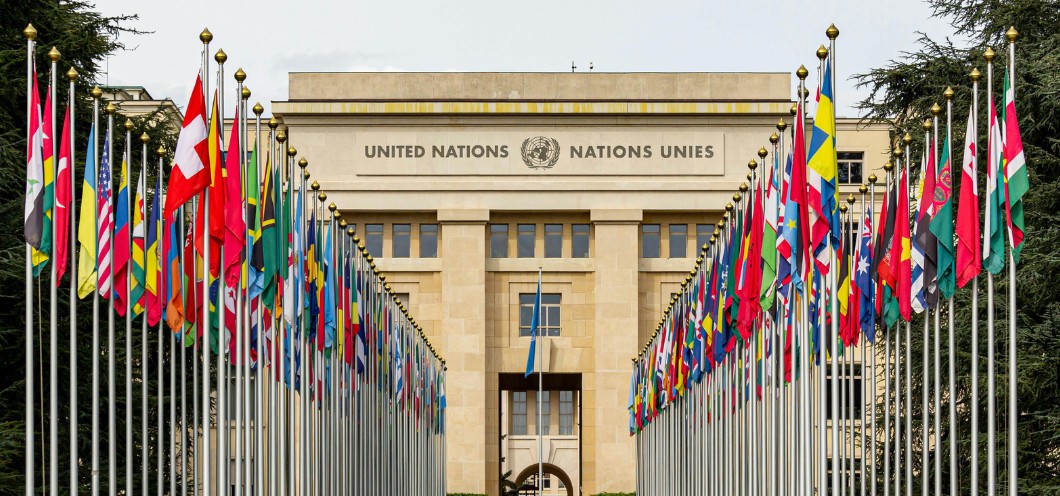- Samita Nayak
- 1181
When you think of “United Nations” (UN), you may envision peace negotiations, blue helmets, or impassioned debate in the General Assembly. And you’d be correct—but that’s only the beginning. From its establishment in 1945, the UN has become an international power with 193 member nations, all striving (ideally) toward shared objectives such as peace, security, development, and human rights.
But how effective has the UN actually been? Let’s get into its successes, failures, and what the future could hold.
ALSO READ: The Russia-Ukraine War: One Year Later – Key Developments & Global Impact
Chief Achievements of the UN
In spite of the criticism, the UN has achieved some actual path-breaking steps.
1. Peacekeeping and Conflict Resolution
Through the decades, the UN has sent peacekeeping forces into battle zones such as South Sudan, the Congo, and Lebanon. Though not without their flaws, these missions have decreased violence and upheld ceasefires where diplomacy couldn’t.
2. Promoting Human Rights
The Universal Declaration of Human Rights, adopted in 1948, established a world standard for dignity and freedom. Through organizations such as the UNHRC and OHCHR, the UN has promoted accountability and awareness in states with human rights abuses.
3. Global Health and Humanitarian Aid
The World Health Organization (WHO), a UN agency, is central to global health responses—from the eradication of smallpox to leading pandemic response. Similarly, the UN’s World Food Programme (WFP) provides life-saving food assistance in conflict areas.
4. Fighting Climate Change
By conferences such as COP and agreements such as the Paris Agreement, the UN has facilitated cooperation among countries on urgent environmental challenges. It’s not the solution itself, but it’s a foundation for collective worldwide action.
Criticism and Controversies
And now let us consider the flip side of the coin.
1. Veto Power and Political Gridlock
One of the most derided parts of the UN is the Security Council, particularly the permanent member veto held by the USA, UK, China, Russia, and France. This tends to lead to political stalemate, particularly in crises that involve great powers.
2. Ineffectiveness in Crisis Zones
From the genocide in Rwanda to the Syrian civil war, critics say the UN has at times not acted strongly—or at all—when most needed.
3. Bureaucracy and Corruption
The UN is also viewed as a bloated bureaucracy. Overspending, inefficiency, and the occasional corruption scandal have eroded confidence in the organization.
The Road Ahead
And so, where is the UN headed? Reform is universally regarded as necessary, particularly with regard to the way the Security Council works. Providing more voice to developing countries, enhancing transparency, and upgrading peacekeeping could assist in rebuilding credibility.
Meanwhile, the UN also needs to develop in tandem with the world. Cybersecurity is an issue, as well as ethics regarding AI and international migration—and only an entity like the UN can feasibly coordinate on an international level on these issues.
Final Thoughts
The United Nations is not perfect. It’s a mirror of international politics, with all the power struggles and failures. But it’s also a stage for progress—one that has improved the lives of millions of people.
Knowing its strengths and weaknesses allows us to hold it accountable and demand the kind of change that works for everyone. Because in a more interconnected world, we need international cooperation more than ever.
Tags:
International RelationsPolitical AnalysisAuthor - Samita Nayak
Samita Nayak is a content writer working at Anteriad. She writes about business, technology, HR, marketing, cryptocurrency, and sales. When not writing, she can usually be found reading a book, watching movies, or spending far too much time with her Golden Retriever.
Popular Post





